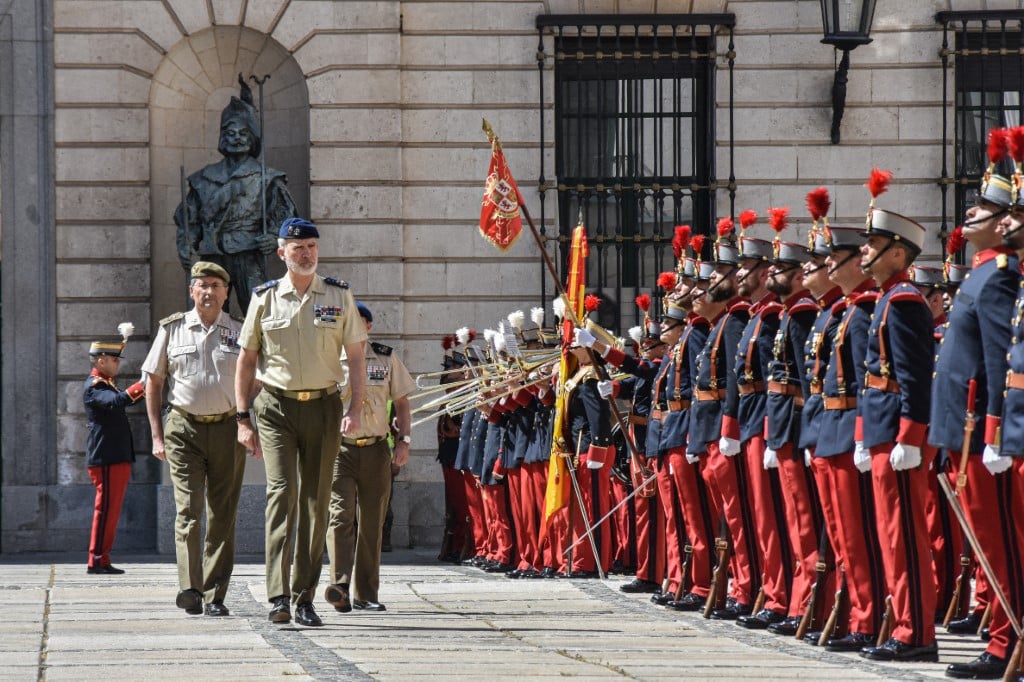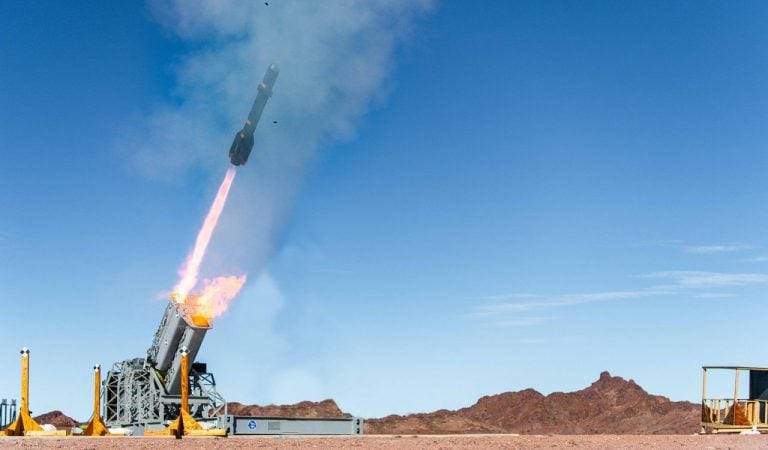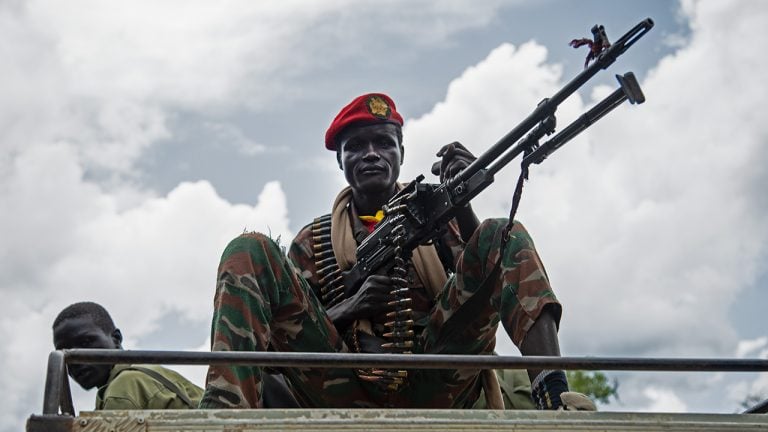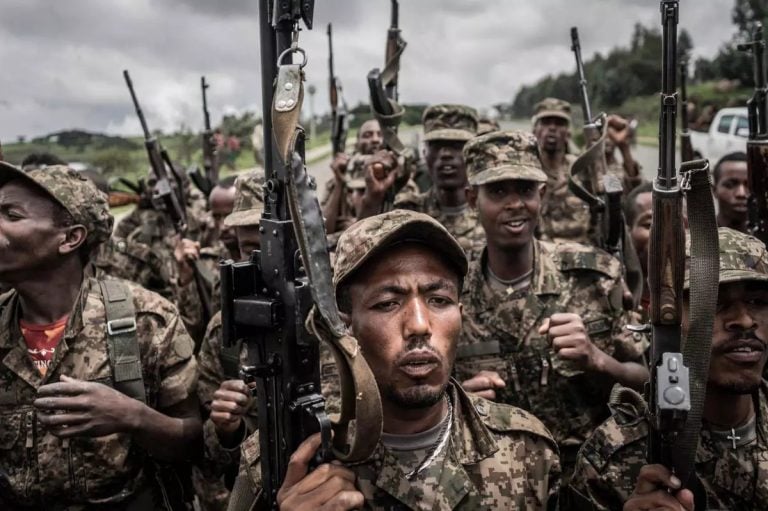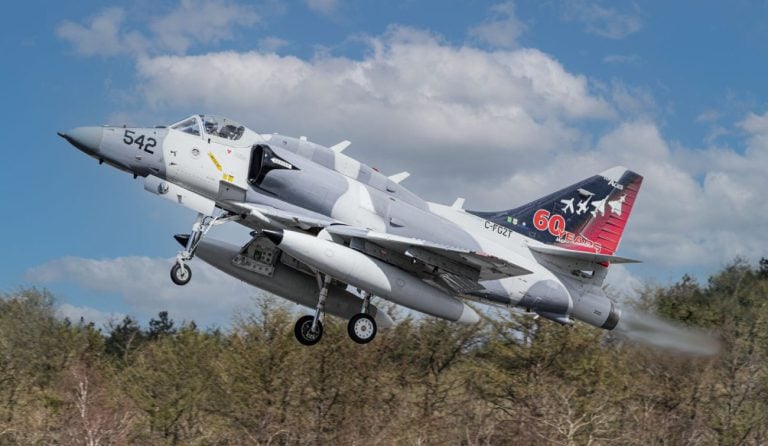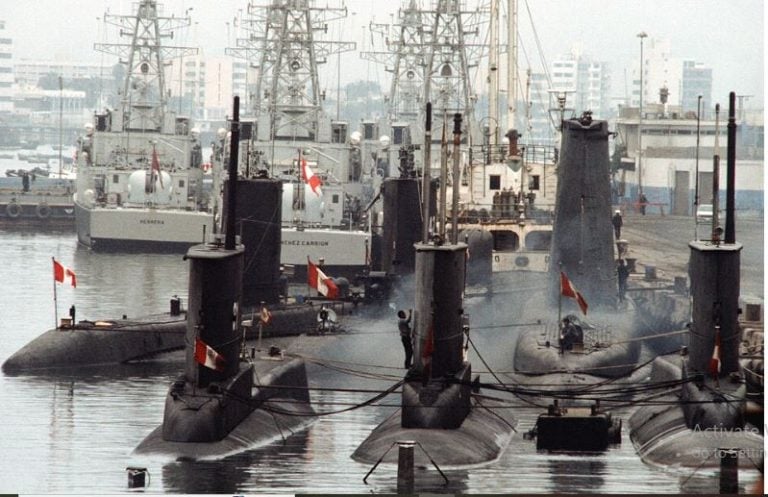NATO has officially endorsed a significant commitment to boost defense spending ahead of its upcoming summit, while Spanish Prime Minister Pedro Sanchez has made it clear that Spain will not adhere to the controversial goal of reaching 5 percent of its GDP for defense expenditures. This announcement comes as pressure mounts from U.S. President Donald Trump for NATO allies to meet this target during the two-day summit set to begin in The Hague.
Spain’s position has been pivotal in the negotiations, as it was the final holdout in a recently agreed-upon compromise that aims for NATO members to allocate 3.5 percent of their GDP on core military needs over the next decade, coupled with an additional 1.5 percent for broader defense-related expenditures like infrastructure and cybersecurity.
Diplomatic sources indicate that all 32 NATO nations have approved the accord, explicitly noting that Spain would not receive any exemption from the commitments outlined. However, shortly after the agreement was reached, Sanchez asserted that Spain would maintain its obligations without being compelled to escalate defense spending to the proposed 5 percent of GDP. His insistence followed a last-minute intervention that raised concerns about potential disruption to the negotiations.
In a pointed letter addressed to NATO Secretary-General Mark Rutte, Sanchez characterized the move toward a 5 percent target as “unreasonable” and potentially “counterproductive.” This strong stance elicited backlash from other NATO members, who worried that it could jeopardize the delicate compromise that had been painstakingly negotiated.
The defense pledge is viewed as essential not just for addressing Trump’s longstanding accusations regarding inadequate spending by allied nations, but also for enhancing NATO’s ability to fortify its military presence in response to Russian aggression. After extensive discussions involving Sanchez and Rutte, Spain’s agreement was finally secured on Sunday.
Although the language in the final declaration from the summit was adjusted slightly—from “we commit” to “allies commit”—experts affirm that the core elements of the agreement remain unchanged. Historically, Spain has been among the lowest in defense spending within NATO, planning to meet the current two percent target for the first time this year thanks to a substantial investment of 10 billion euros.
Sanchez now faces the challenge of navigating the intricacies of aligning with NATO allies while also appeasing his coalition partner, the far-left alliance Sumar, which opposes any expansion in military funding.
